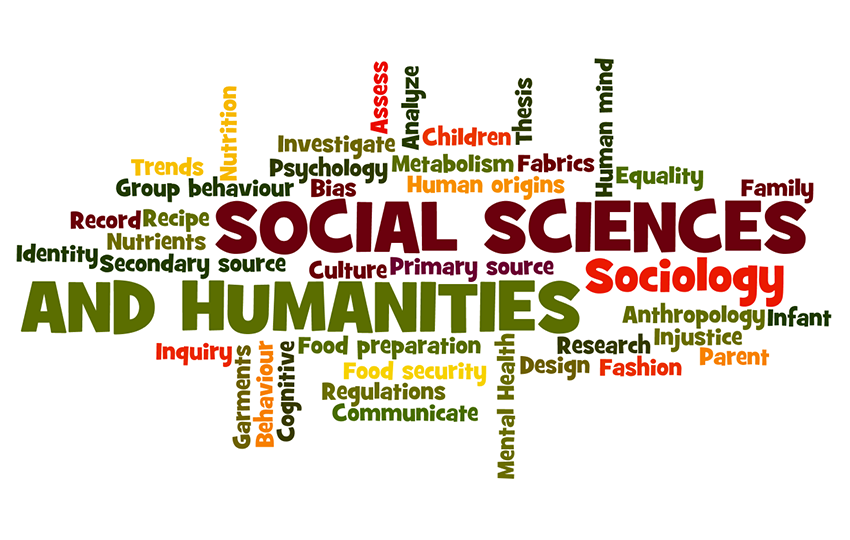What is it about?
The clean-energy transition doesn’t just pose technological and scientific challenges; it also requires a better understanding of cross-cutting issues related to socioeconomic, gender, sociocultural, and socio-political issues. Addressing these issues will help to devise more effective ways of involving citizens and to better understand energy-related views and attitudes, ultimately leading to greater social acceptability as well as more durable governance arrangements and socioeconomic benefits.
Scope:
In 2018, proposals should be submitted under the theme “Social innovation in the energy sector” and in 2019 under the theme “Challenges facing carbon-intensive regions”. They should address one or several of the questions listed under the respective sub-topics below. All proposals should adopt a comparative perspective, with case studies or data from at least three European Union Member States or Associated Countries.
2018: Social innovation in the energy sector: The energy transition has given rise to various forms of social innovation, such as the emergence of energy cooperatives or that of energy “prosumers” consuming but also producing energy. Urban areas have emerged as major hubs for these trends, given the close proximity between citizens, businesses and institutions, facilitating linkages between sectors and the emergence of new business and service models, as well as associated governance arrangements. These issues need to be studied in more detail, with a particular focus on the following questions:
- What characterizes successful examples of social innovation in the energy sector?
- What enabling conditions facilitate social innovation in the energy sector and how can it be encouraged? What factors work against it?
- In what way does social innovation contribute to the preservation of livelihoods and the development of new business and service models in the energy sector?
- In what way does social innovation contribute to making energy more secure, sustainable and affordable? Does social innovation lead to greater competitiveness and if so, how?
- Under what conditions does social innovation lead to greater acceptance of the transition towards a low-carbon energy system?
2019: Challenges facing carbon-intensive regions: The transition to a low-carbon energy system and economy poses particular challenges for regions that are still heavily dependent on fossil-fuel-based industries or the extraction of fossil fuels themselves. At the same time, this transition offers major opportunities for developing new lines of business and for increasing the competitiveness of structurally weak regions. Focusing on the past 5-10 years up to the present, particular attention should be focused on the following issues:
- What are the principal socio-economic challenges facing coal and carbon-intensive regions today and what effect have these had on livelihoods and the sustainability of local and regional economies?
- What coping strategies have emerged in recent years? What are the principal differences between regions that are coping well and those that are not?
- To what extent have coal and carbon-intensive regions experienced outward migration in recent years and in what way has this affected their social and demographic composition?
- What effect, if any, have these changes had on the rise of populism and of anti-democratic attitudes in the regions concerned?
Expected Impact:
The proposed research will:
- provide a better understanding of socioeconomic, gender, sociocultural, and socio-political factors and their interrelations with technological, regulatory, and investment-related aspects, in support of the goals of the Energy Union and particularly its research and innovation pillar;
- yield practical recommendations for using the potential of social innovation to further the goals of the Energy Union, namely, to make Europe’s energy system more secure, sustainable, competitive, and affordable for Europe’s citizens;
- yield practical recommendations for addressing the challenges of the clean-energy transition for Europe’s coal and carbon-intensive regions, including socioeconomic and political ones.
TIMETABLE
Deadline for submitting applications:
- 06 September 2018 17:00 (Brussels time)
- 27 August 2019 17:00 (Brussels time)
Available Budget
The Commission considers that proposals requesting a contribution from the EU of between EUR 1 and 3 million would allow this specific challenge to be addressed appropriately. Nonetheless, this does not preclude submission and selection of proposals requesting other amounts.

